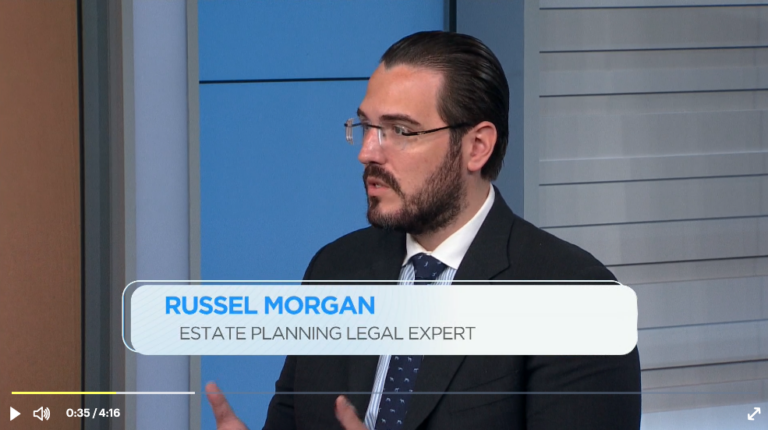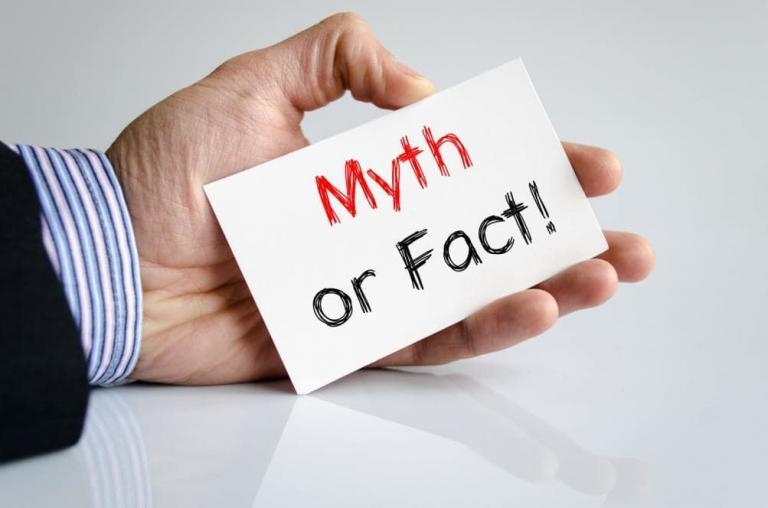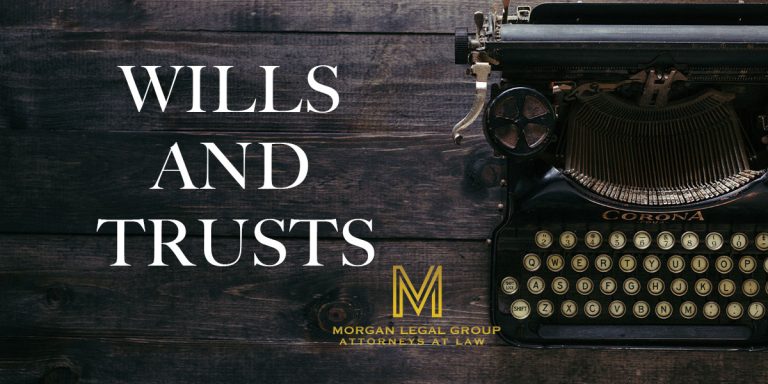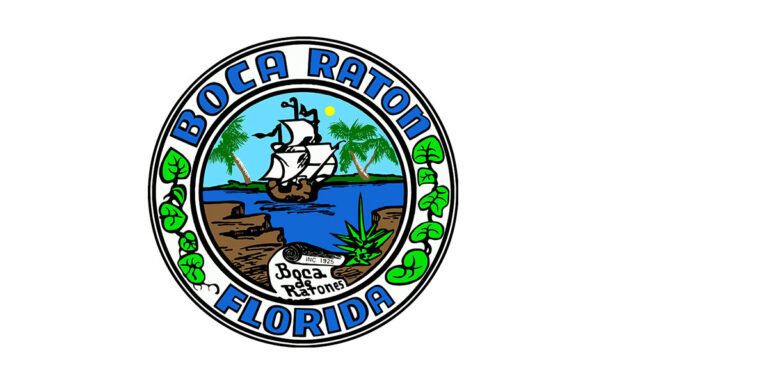
The Basic Steps in the Probate Process
Probate Lawyer: The Basic Steps in the Probate Process Probate is the legal process of administering a deceased person’s estate, ensuring that their assets are


Home » Blog

Probate Lawyer: The Basic Steps in the Probate Process Probate is the legal process of administering a deceased person’s estate, ensuring that their assets are

Essential Estate Planning Tips You Should Be Aware Of Estate planning is a vital process ensuring your assets are managed and distributed according to your

What You Need to Know About Trusts and Estates in New York Understanding trusts and estates is crucial for effective estate planning in today’s complex

Five Common Trusts and Estates Mistakes You Want to Avoid in New York Planning your estate is one of the most important steps to protect

What is an Advance Directive? Advance Directives are legal documents that allow individuals to convey their decisions about end-of-life care ahead of time. They provide

What You Need to Know When Deciding to Make a Will It’s a startling statistic: only one in three people have a last will and
Long-Term Care Insurance? Do I Need It? Our Estate Planning Attorney Offers Tips and Help As life expectancy increases, planning for the future includes considering

Are you the owner of a rental property? If yes, have you considered estate planning? Estate planning is a crucial aspect of financial management. Regrettably,

Common Long-Term Estate Planning Mistakes Made by Baby Boomers As Baby Boomers enter retirement, many face the complex realities of estate planning. At Morgan Legal

Breaking the Common Estate Planning Myths Estate planning is surrounded by misconceptions that can deter individuals from taking action to secure their future. At Morgan

Are You Hesitant to Start Planning? An Estate Planning Attorney Can Help Many people delay estate planning because of the perceived complexity and emotional weight

Wills and Trusts At Morgan Legal Group in New York City, our dedicated estate planning attorneys understand the importance of crafting clear, enforceable wills and

Estate Planning for Dependents with Special Needs Ensuring the well-being of a dependent with special needs requires careful and compassionate estate planning. Morgan Legal Group

When Do I Need a Will? Our Estate Planning Lawyer Weighs In Understanding when to create a will is crucial for effective estate planning. At

Is It a Good Idea to Name Co-Executors in My Will? Deciding whether to appoint co-executors in your will is a significant decision that can

4 Tips for Hiring the Best Estate Planning Lawyer Choosing the right estate planning lawyer is crucial for ensuring your assets are securely managed and

Planning Your Estate 101: Essential Documents Explained Estate planning can seem overwhelming, but it becomes a straightforward process with the right guidance from a skilled

Estate Planning Lawyer: Why Life Insurance is Crucial for Your Future When it comes to securing your family’s future and your financial legacy, incorporating life

How an Estate Planning Lawyer Can Help Baby Boomers Plan for the Future As Baby Boomers approach retirement, comprehensive estate planning becomes crucial. Morgan Legal

Minimizing Estate Taxation For many individuals planning their estate, taxation can significantly impact the value of the assets transferred to their heirs. Morgan Legal Group

The Asset Protection Tool Every Real Estate Investor Needs Real estate investment can be highly lucrative, but it also comes with significant risks. Protecting your

Estate Planning and Probate Attorney in Boca Raton, Florida Managing your estate or navigating probate in Boca Raton requires understanding Florida law and having a

The Need-To-Know: Obtaining Preliminary Letters of Administration When a New Yorker passes away without a will, managing their estate becomes a process guided by the

Successful Business Rule # 1: Limit Your Liability One of the foundational rules for any successful business is effectively managing and limiting liability. New York

The Need-To-Know: Getting Into The Deceased’s Safety Deposit Box After the loss of a loved one, accessing a safety deposit box can be crucial for

Myth Debunked: Estate Planning Is Too Expensive in New York 2024 Many people avoid estate planning, believing it to be an expensive luxury. However, Morgan

Signs of Nursing Home Abuse and Neglect Protecting our elderly loved ones is paramount, especially when cared for in nursing homes. Recognizing the signs of

Alert: Seniors Targeted by Will and Trust Mill Scams Nationwide In an alarming trend, Russel Morgan, a renowned estate planning legal expert and founding partner

Leaving Assets To Beneficiaries With Special Needs Planning for the future of a loved one with special needs involves careful consideration and strategic legal planning

You Can Get Both Medicaid and a Strong Income Many New Yorkers believe that qualifying for Medicaid requires sacrificing a strong income, but with strategic
Ⓒ 2025 - All Rights Are Reserved | Privacy Policy | Estate Planning Attorney NYC | Sitemap